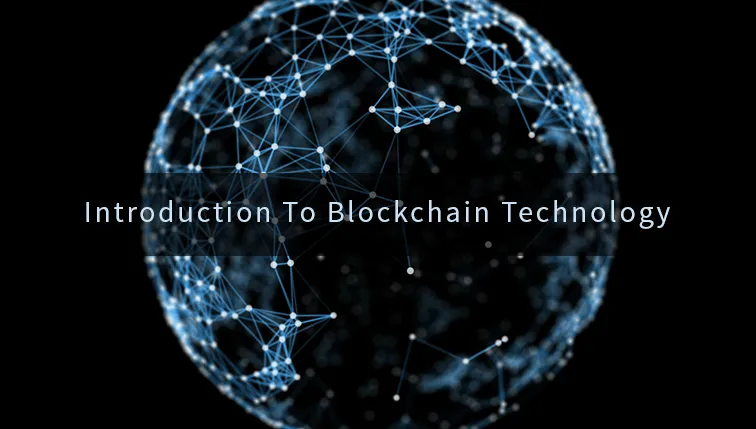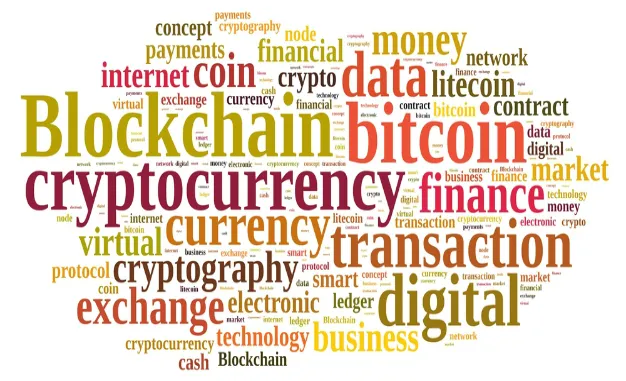The technology likely to have the greatest impact on the next few decades has arrived. And it's not social media. It's not big data. It's not robotics. It's not even AI. You'll be surprised to learn that it's the underlying technology of digital currencies like Bitcoin. It's called the blockchain. Blockchain.
Now, it's not the most sonorous word in the world, but I believe that this is now the next generation of the internet, and that it holds vast promise for every business, every society and for all of you, individually.

You know, for the past few decades, we've had the internet of information. And when I send you an email or a PowerPoint file or something, I'm actually not sending you the original, I'm sending you a copy. And that's great. This is democratized information. But when it comes to assets -- things like money, financial assets like stocks and bonds, loyalty points, intellectual property, music, art, a vote, carbon credit and other assets -- sending you a copy is a really bad idea. If I send you 100 dollars, it's really important that I don't still have the money -- and that I can't send it to you. This has been called the "double-spend" problem by cryptographers for a long time.
So today, we rely entirely on big intermediaries -- middlemen like banks, government, big social media companies, credit card companies and so on -- to establish trust in our economy. And these intermediaries perform all the business and transaction logic of every kind of commerce, from authentication, identification of people, through to clearing, settling and record keeping. And overall, they do a pretty good job. But there are growing problems.
So for the first time now in human history, people everywhere can trust each other and transact peer to peer. And trust is established, not by some big institution, but by collaboration, by cryptography and by some clever code. And because trust is native to the technology, I call this, "The Trust Protocol."
Assets -- digital assets like money to music and everything in between -- are not stored in a central place, but they're distributed across a global ledger, using the highest level of cryptography. And when a transaction is conducted, it's posted globally, across millions and millions of computers. And out there, around the world, is a group of people called "miners." These are not young people, they're Bitcoin miners. They have massive computing power at their fingertips -- 10 to 100 times bigger than all of Google worldwide. These miners do a lot of work. And every 10 minutes, kind of like the heartbeat of a network, a block gets created that has all the transactions from the previous 10 minutes. Then the miners get to work, trying to solve some tough problems.

So the Bitcoin blockchain is just one. There are many. The Ethereum blockchain was developed by a Canadian named Vitalik Buterin. He's [22] years old, and this blockchain has some extraordinary capabilities. One of them is that you can build smart contracts. It's kind of what it sounds like. It's a contract that self-executes, and the contract handles the enforcement, the management, performance and payment -- the contract kind of has a bank account, too, in a sense -- of agreements between people. And today, on the Ethereum blockchain, there are projects underway to do everything from create a new replacement for the stock market to create a new model of democracy, where politicians are accountable to citizens.
